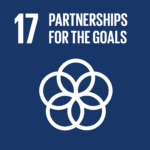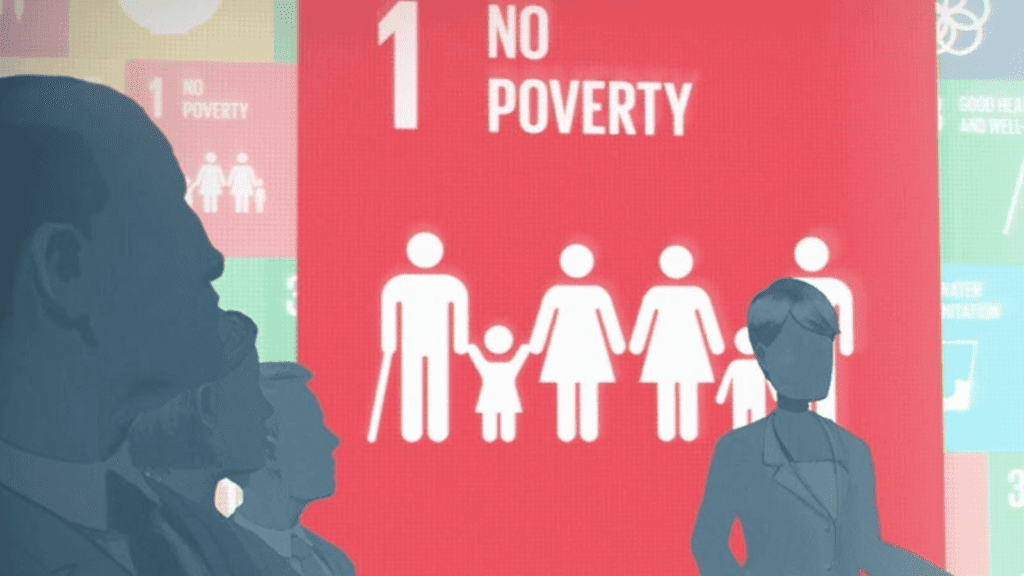More than philanthropy: SDGs present an estimated US$12 trillion in market opportunities for private sector through inclusive business.
The Sustainable Development Goals (SDGs) were introduced in 2015 as a replacement for the Millennium Development Goals, and have since been adopted by over 193 countries. The 17 SDGs aim to achieve shared prosperity and human rights for all, including addressing climate change, gender equality, and poverty eradication, by promoting global partnerships.
RELEVANT SUSTAINABLE GOALS

According to the Better Business, Better World report from the Business and Sustainable Development Commission, achieving these goals could generate approximately US$12 trillion in market opportunities across four key economic areas: food and agriculture, cities, energy and materials, and health and well-being. These areas account for around 60% of the real economy and are crucial in meeting the SDGs.
The SDG supporters believe that achieving these goals presents a chance for strategic reorientation and widespread innovation, as it emphasizes the risks associated with prioritizing profit maximization and the need to change consumption habits to benefit the environment and communities.
What can be done to avoid rainbow-washing?
The popularity of the Sustainable Development Goals (SDGs) has prompted businesses and capital markets to re-evaluate their operations and assess their impact on society and the environment, which is a significant step forward. However, the less ethical players have taken advantage of this trend by using it as a cover to make it seem like they are also working towards achieving the SDGs.
This new phenomenon, known as “rainbow-washing,” is a cause for concern, as it implies that people are adopting the SDGs in a superficial manner. Some companies make exaggerated claims and use the multicolored SDG mosaic, also known as the rainbow wheel, to hide their questionable track record or weak commitment to taking action in order to enhance their brand.
The BSDC’s flagship report, Better Business, Better World, recognizes the downsides of recent decades, including unequal growth, environmental risks, and job insecurity. The report argues that the Sustainable Development Goals (SDGs) could reverse these trends and promote unprecedented innovation, growth, and development. However, this will require significant change within the business and investment community and real leadership to build a trusted partnership with government and civil society. The report offers insights from 35 CEOs and civil society leaders on how to make business central to a sustainable market economy that can deliver the SDGs and unlock an immense economic prize for those who embrace this vision.
Better Business, Better World
The identification of 60 sustainable and inclusive market “hotspots” across four key economic sectors has the potential to generate a staggering US$12 trillion in value, equivalent to over 10% of today’s GDP. The four areas are Energy with a potential value of US$4.3 trillion, Cities with US$3.7 trillion, Food & Agriculture with US$2.3 trillion, and Health & Well-being with US$1.8 trillion.
The report has identified “SDG hot spots” that could potentially grow 2-3 times faster than the average GDP over the next 10-15 years. In addition to the estimated US$12 trillion value, a conservative analysis suggests that companies that integrate SDGs into their strategies could create an additional US$8 trillion in value across the wider economy. Moreover, factoring in the cost of externalities, which include negative impacts such as pollution or carbon emissions, could increase the overall value of opportunities by almost 40%.
However, building these new markets requires meeting two critical conditions. First, innovative financing from both private and public sources is needed to unlock the annual US$2.4 trillion required to achieve the SDGs. Second, a “new social contract” is essential between business, government, and society to define the role of businesses in creating a new, more equitable economy.
You may also be interested in :
Latest 3 Reports On Nature-Based Solutions For Mitigating Climate Change



